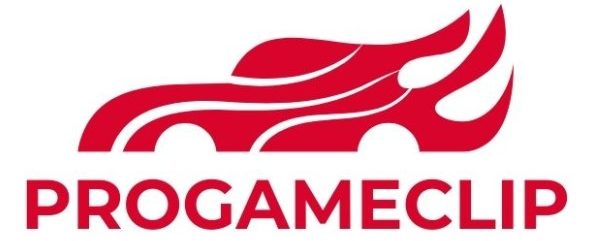Behavioral interviews are widely used by employers as a way to assess a candidate’s past job performance and their potential for the role. Unlike traditional interviews, behavioral interviews require you to provide specific examples of how you handled a particular situation, task or challenge in the past. This type of interview can be tricky and nerve-wracking, but with the right preparation, you can ace your next job interview. In this blog post, we’ll share some tips on how to prepare for a behavioral interview tips and give you some practical strategies to help you stand out from other candidates.
1. Research the company and the job requirements: Before heading to your interview, it’s essential to do some research on the company and the job requirements. Read the job description carefully and identify the essential skills and characteristics the employer is looking for. Then, research the company’s values, mission statement, and culture to get an idea of what the employer is looking for in a candidate.
2. Prepare some anecdotes: To help you answer the interviewer’s questions effectively, it’s a good idea to prepare some anecdotes beforehand. Look at the job description and try to anticipate what kind of behavioral questions you might be asked. Think of a few examples where you demonstrated the skills and qualities the employer is looking for. Then, practice telling these stories in a concise, logical, and engaging manner. Make sure your answers highlight your skills, achievements, and problem-solving abilities.
3. Use the STAR method: In the behavioral interview, the interviewer will most likely ask you questions starting with phrases like “Tell me about a time when…” or “Give me an example of…” To answer these questions, it’s helpful to use the STAR method. This method stands for Situation, Task, Action, and Result. First, describe the situation/task you were faced with. Then, describe the action you took to solve the problem. Finally, describe the result of your actions and the positive impact it had on the company. This method helps you structure your answers logically and effectively.
4. Ask questions: At the end of the interview, the interviewer will most likely ask if you have any questions. Prepare a few questions in advance that demonstrate your interest in the company and the role. Avoid asking superficial questions or questions that can be found on the employer’s website. Instead, ask questions that show you’ve done your research and are genuinely interested in the company. For instance, you could ask about the company’s plans for growth, how they measure success, or what qualities they look for in successful staff.
5. Follow up: After the interview, send a follow-up email or letter to thank the interviewer for their time and express your interest in the role. This gesture shows that you’re serious about the job and helps keep you top of mind with the interviewer. Make sure to personalize your message based on the conversation you had and highlight the skills and qualities you bring to the role.
Conclusion:
Behavioral interviews are one of the most effective ways that employers use to assess a candidate’s potential. By following these tips, you can prepare effectively, present your skills and achievements in the best possible light, and avoid common mistakes. Remember to do your research on the company beforehand, prepare some anecdotes in advance, use the STAR method to structure your answers, ask thoughtful questions, and follow up after the interview. With practice and preparation, you’ll be well on your way to acing your next behavioral interview. Good luck!
